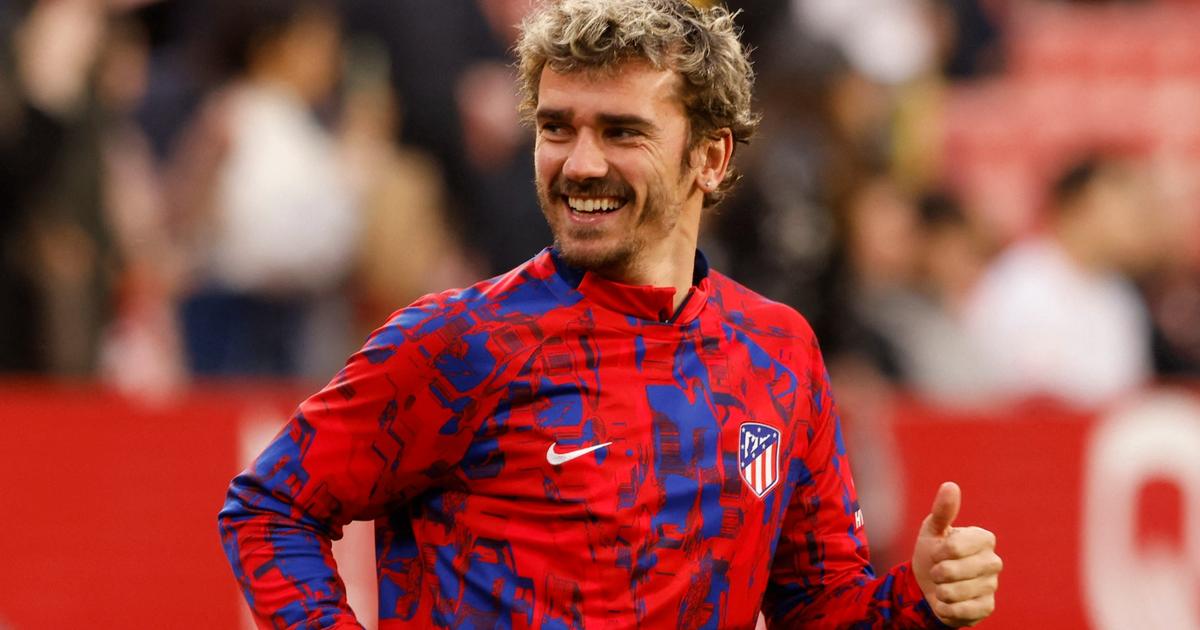On this day of the Blues list, certain players are expected to know their first selection.
The opportunity to come back to expressions, “most capped player”, “first cap”, which you will hear all day.
First, a little etymology.
The word “cape” comes from the Latin
cappa
”, “the headdress”.
Although it is now used to designate a fabric or clothing in French, the term has retained its original meaning in English,
cap
translating as “cap”.
But how did we get from head to toe?
To discover
Crosswords, Sudoku, 7 Letters... Keep your mind alert with Le Figaro Games
In 1872, during the first international football match between Scotland and England, the English players wore caps in the colors of their schools.
Fourteen years later, Nicholas Lane Jackson, former secretary of the English Football Federation, formalized the wearing of the white cap with a red rose embroidered by players selected for the national team when they entered the field.
A tradition taken up by the world of rugby before being adopted in France.
“
An honor and a pride”
Nowadays, players are no longer offered headgear when called up by their selection.
Although this practice was gradually abandoned, it left a trace in the French language, where the word "
cap
", Frenchified as "cape", became a recurring term for team sports, used as a synonym for "selection ".
Only rugby has preserved this ritual: during each World Cup, the teams receive an embroidered cap whose model is reminiscent of that of the 19th century, and this since 1987. “
An honor and a pride
”, confided Paul Boudehent, player of the XV of France, during the World Cup in 2023.

